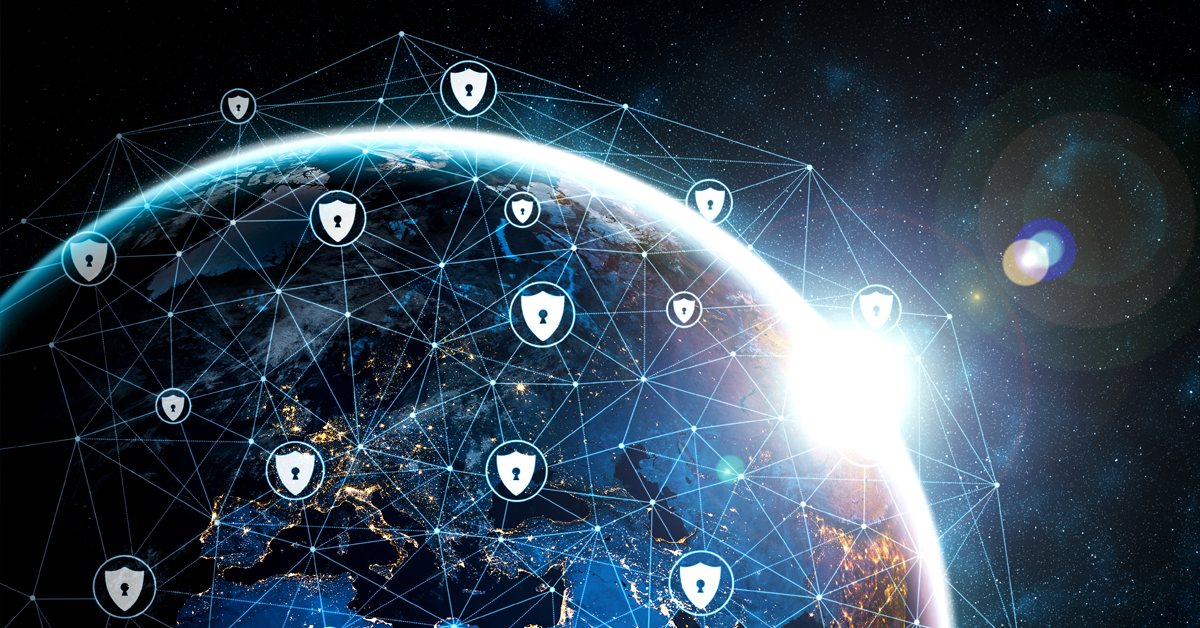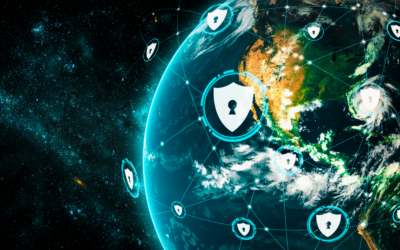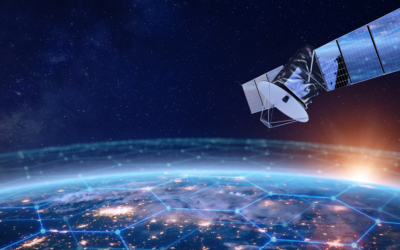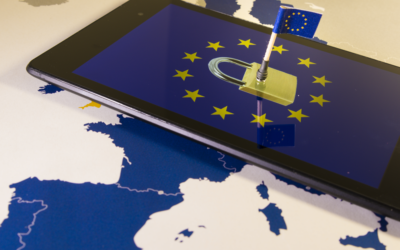The space enterprise ecosystem is facing cybersecurity threats growing in both size and scope. As our industries and government become increasingly dependent on space as a mission-critical element of our communication and surveillance efforts, we need to prioritize the cybersecurity of the entire ecosystem.
The good news is that both industry and government have recognized the importance of security space systems and efforts are being made to upgrade defensive postures. Public Private cooperation has expanded.
A Space Systems Critical Infrastructure Working Group was established by the Department of Homeland Security’s Cybersecurity and Infrastructure Security Agency (CISA) last year. The group, which unites stakeholders in the space system’s critical infrastructure, is made up of representatives from government and business and functions under the auspices of the Critical Infrastructure Partnership Advisory Council (CIPAC).
I was privileged to be a member of that working group, and soon industry-focused recommendations and initiatives on cybersecurity for space systems will be made available. The role of the working group is especially important as networks are changing from terrestrial (land) based communications to the cloud, taking advantage of satellites to move data over large, international distances.
Read More: What U.S. Businesses Can Learn from EU Cybersecurity Standards
The Space Policy Directive-5 Cybersecurity Principles for Space Systems (SPD-5), the U.S’s first comprehensive cybersecurity policy for space systems spelled out the challenges:
“Space systems enable key functions such as global communications; positioning, navigation and timing; scientific observation; exploration; weather monitoring; and multiple vital national defense applications. These systems, networks, and channels can be vulnerable to malicious activities that can deny, degrade, or disrupt space operations, or even destroy a satellite. It is essential to protect space systems from cyber incidents in order to prevent disruptions to their ability to provide reliable and efficient contributions to the operations of the Nation’s critical infrastructure.”
Last year, the U.S. Air Force, the Federal Bureau of Investigation, and the National Counterintelligence and Security Center released a statement outlining how cyberattacks could compromise U.S. commercial enterprises as well as the country’s overall national and economic security by compromising U.S. space-related innovation and assets. The alert attested that:
“The intel shows that foreign threat actors are using cyberattacks and other techniques as a way to gain access to sensitive U.S. information for their own governments’ space programs. In some instances, unspecified foreign entities are strategically investing in joint business ventures and acquisitions, including targeting key supply chain nodes, as a way to gain access. Intel officials say other methods used by the spies include requests to visit industry facilities and attending industry conferences to try and obtain confidential information. The bulletin also warned U.S. space companies to be aware of foreign recruiters targeting individual employees with overseas work offers and consultant positions, as well as blatant offers to pay the employees directly in exchange for intellectual property.”
Read More: How Ethical Hacking Helps Small Manufacturers Stay Secure
There are currently thousands of satellites in low Earth orbit and many more to come in the launch pipeline. They are vulnerable to hacking from both above and below. As a result, hackers now have more possible targets to choose from.
A case in point is the conflict between Ukraine and Russia. The global space sector was sent a large wake-up call by the cyberattack against the ViaSat satellite system, which occurred at the beginning of Russia’s full-scale invasion of Ukraine in 2022. When Russian troops invaded Ukrainian territory, a simultaneous cyberattack brought down thousands of modems from the satellite internet system. Worldwide connections were lost as a result of the attack.
Attacks on any of these vital space or ground-based components could disrupt an entire nation. Regarding communication, data processing, intelligence collecting, and national security, satellites, and space systems are at the forefront. The harsh circumstances and corresponding threats of space only increase the chances of a cyberattack on a space system. Securing space needs to be a forward-thinking priority




